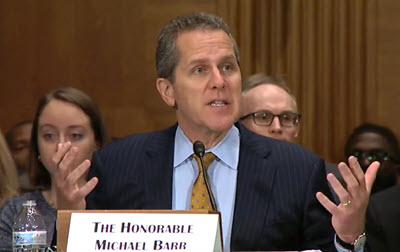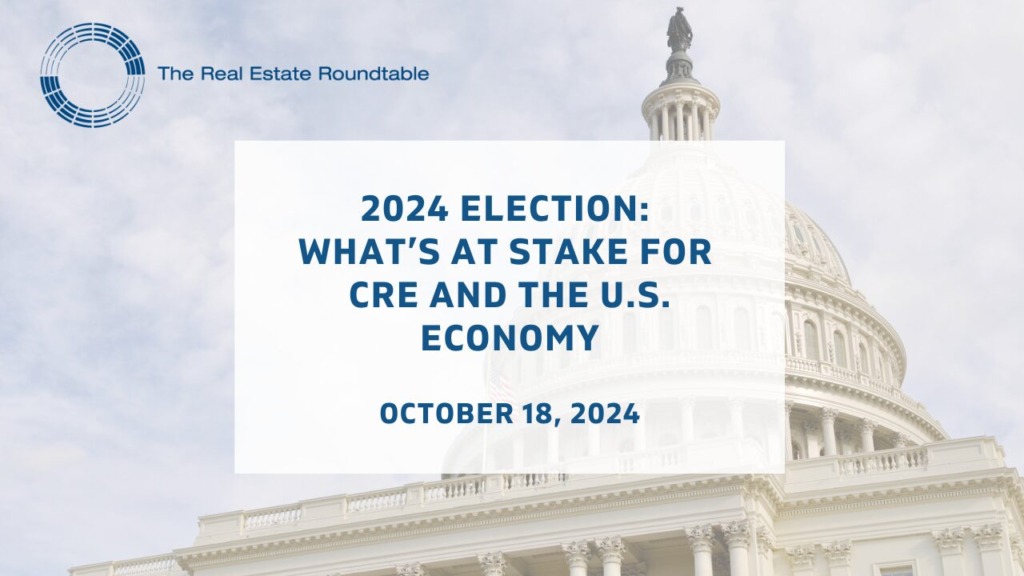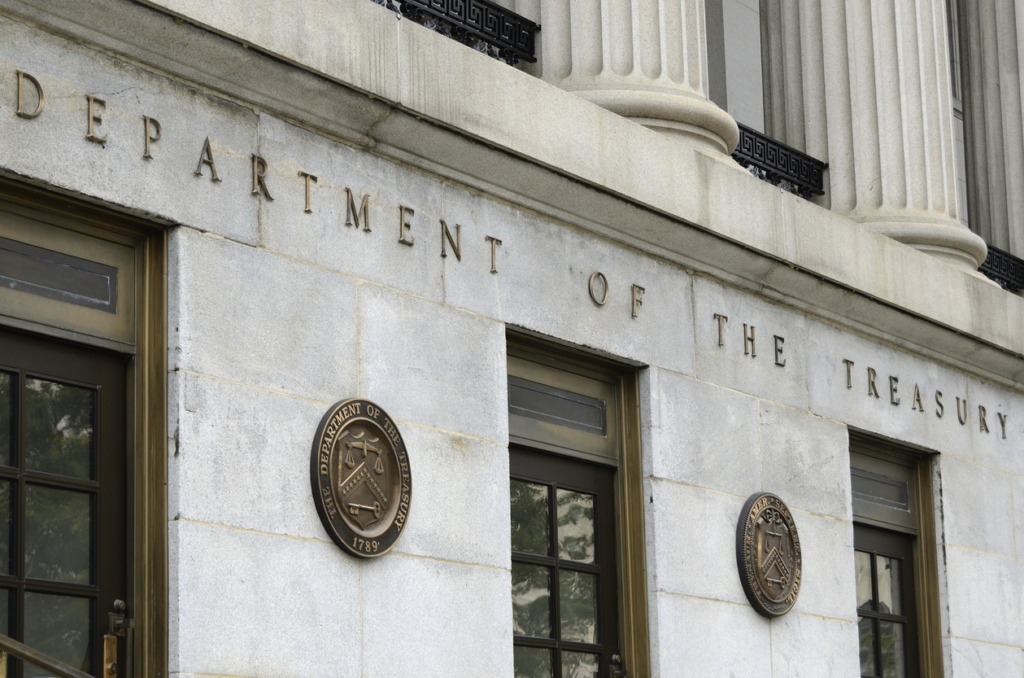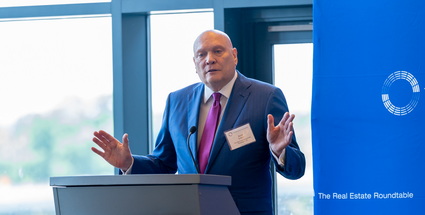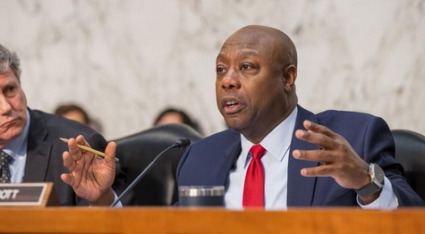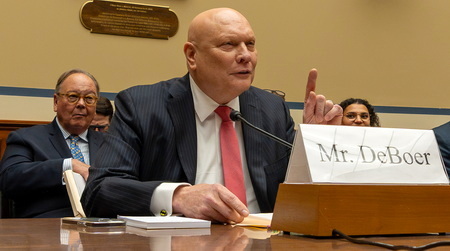
Rep. French Hill (R-AR) was selected as the next chair of the powerful House Financial Services Committee, after securing the endorsement of the GOP steering committee in a closely watched race. (Axios, Dec. 12) (PoliticoPro, Dec.13)
Financial Policy Priorities
- The House Financial Services Committee holds broad jurisdiction over monetary policy, housing, banking, and international finance. (Axios, Dec. 12)
- As chair, Rep. Hill will play a vital role in shaping financial policy and working with President-elect Trump’s administration on priorities like banking oversight, GSE reform and cryptocurrency regulation.
- In an interview with CNBC, Rep. Hill said his top priorities as chair are making community and commercial banking more competitive by rolling back rules, removing limits on investing to make it easier for companies to become publicly traded, and overhauling cryptocurrency regulation. (CNBC, Dec. 13) (PoliticoPro, Dec.13)
- A former banker, Rep. Hill brings a wealth of experience to the role, having served as Financial Services vice chair and leader of the committee’s digital assets subcommittee.
- Rep. Hill has advocated for several Roundtable priorities, including affordable housing measures, expanding capital formation, GSE reform, reauthorization of the National Flood Insurance Program, and terrorism risk insurance.
Trump Administration Eyes Changes to Financial Regulation

- President-elect Trump advisers and officials from the newly founded Department of Government Efficiency (DOGE) are exploring ways to consolidate or eliminate major bank regulators, including potentially abolishing the FDIC and transferring deposit insurance to the Treasury Department, according to people familiar with the matter. (WSJ, Dec. 12)
- Such proposals, which would require congressional approval, mark a dramatic shift in federal oversight, though no major cabinet-level agency or regulatory body like the FDIC has ever been shuttered in Washington’s history. (Reuters, Dec. 13)
Looking Ahead
- Rep. Hill has proposed initiatives to streamline financial regulations, create a “chief economist” role within the committee, and enhance member communication on financial policy issues. (The Hill, Dec. 12)
- Rep. Maxine Waters (D-CA) will continue to serve as Ranking Democrat of the committee. (Politico, Dec. 12)
- Whether the Trump administration’s bold proposals to restructure federal regulators gain traction remains uncertain, but Rep. Hill’s experience and focus on pragmatic policy solutions could provide a steady hand in this transformative period for U.S. financial services.
The House Republican Conference is anticipated to ratify the steering committee’s selection in the coming days.


